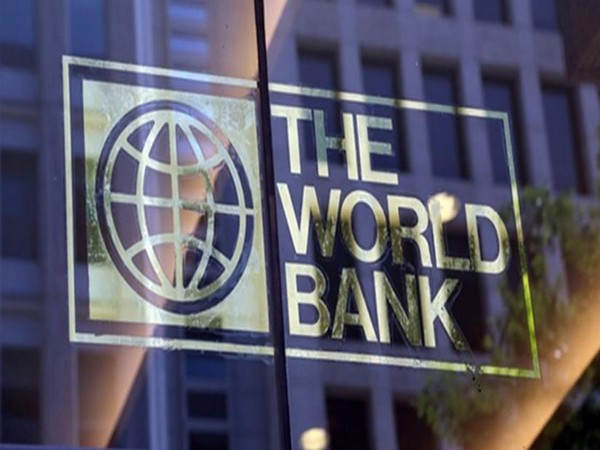The World Bank's seventh edition of the Economic Update for Mauritania reveals a slowdown in economic growth for 2023, despite enhanced macroeconomic stability. The country's growth rate declined to 3.4% (0.7% per capita) in 2023, down from a robust 6.4% (3.7% per capita) in 2022. This deceleration is attributed to tighter monetary policies and challenges in key sectors such as rainfed agriculture and extractive industries. Nonetheless, Mauritania's growth outpaces the global average of 3% and the sub-Saharan Africa average of 2.9%.
Inflation in Mauritania fell more rapidly than anticipated, reaching 5% compared to 9.6% the previous year. The current account deficit narrowed, thanks to lower international food and energy prices and reduced capital goods imports. The fiscal deficit also decreased to 2.5% of GDP, bolstered by lower capital expenditure.
Looking ahead, the medium-term outlook for Mauritania remains positive, with growth projected at 5.4%. To sustain this growth, the report underscores the importance of addressing structural challenges, such as enhancing public financial management, optimizing labor utilization, and establishing a more stable tax base.
One significant challenge highlighted is the low utilization of human capital in Mauritania, with children born in 2024 expected to utilize only 15% of their potential by age 18. The report stresses the need to address barriers that limit the effective use of human capital, particularly affecting youth, women, and educated workers. Addressing gender gaps, improving women's workforce participation, and enhancing education and economic opportunities for youth are essential for unlocking the country's economic potential.
The report suggests several priority reforms to promote sustainable and inclusive growth, including:
Improving the quality of education and vocational training to align with labor market needs.
Enhancing employment prospects and supporting entrepreneurship.
Advancing budget programming and execution.
Adopting a prudent and transparent tax framework.
Optimizing the labor market information system.
Ibou Diouf, World Bank Resident Representative in Mauritania, noted, “Although Mauritania has made important strides in macroeconomic stability, addressing structural challenges is crucial for long-term growth. By focusing on maximizing human capital and optimizing public finance management, Mauritania can consolidate its gains and foster more sustainable and inclusive growth.”











